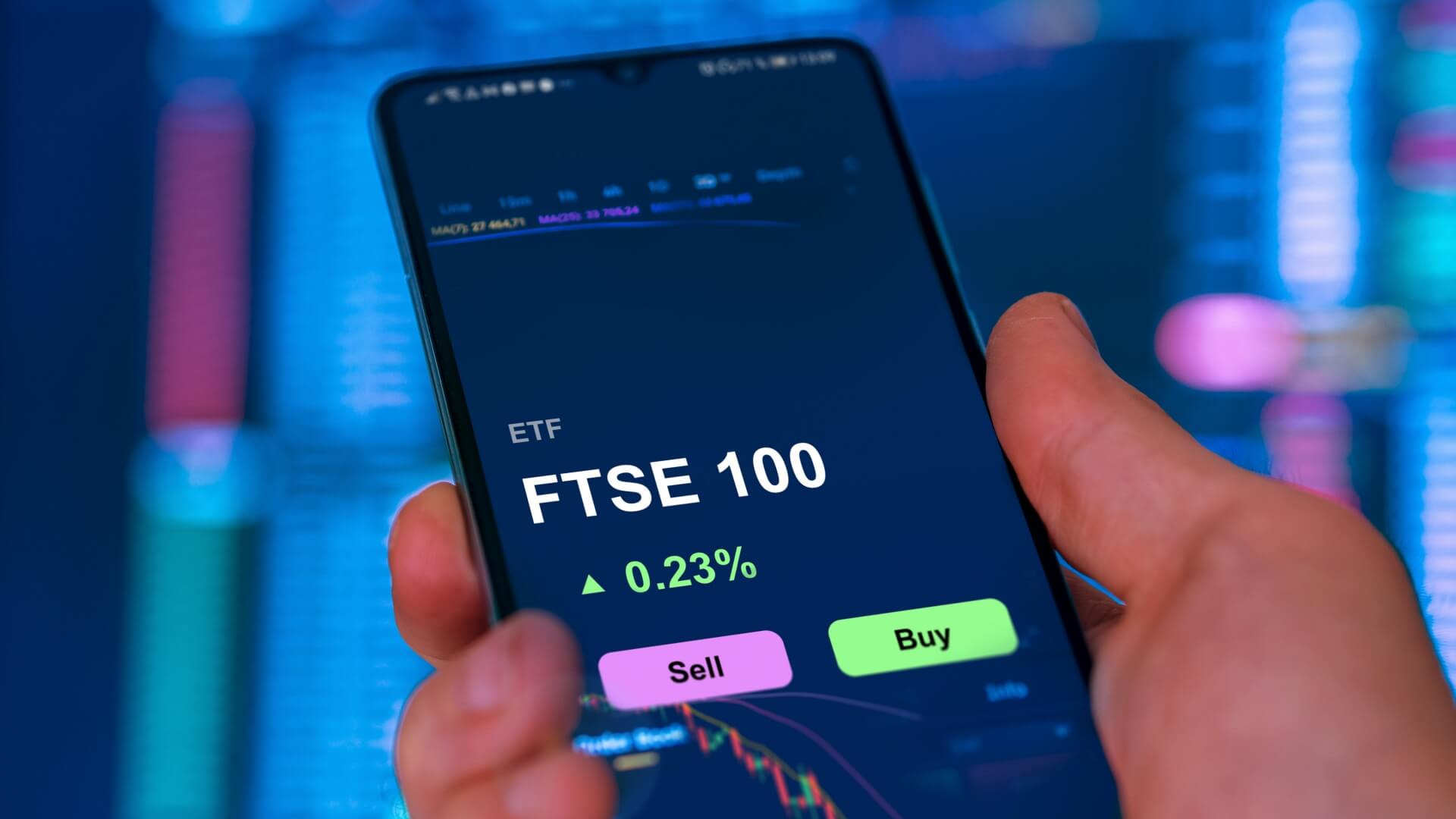The most frequently asked question about FTSE 100 is, “What is FTSE100?” Chances are high that you most likely have the same question, and would want to understand what FTSE 100 entails. Still, if you are not careful, you may be a victim of misinformation.
People who seek answers about financial investments may likely not get genuine answers. Promoters of many financial investments or financial education websites are usually motivated by only sales. This is exactly the problem many face when they research FTSE 100, so this article will explore the nitty-gritty of FTSE 100.
The truth about FTSE 100
FTSE 100 (Footsie), or financial times stock exchange 100, is a financial index that captures the financial market behaviors of the 100 largest companies in the UK’s stock market.
FTSE gives real-time updates about the performance of shares and stocks belonging to these 100 companies. It details the rise and downward spirals of the companies’ share prices on FTSE.
FTSE 100 trading and investment
FTSE 100 trading is an indirect form of trading. FTSE 100 has no monetary value; it is impossible to invest in it directly. You can however, invest in FTSE 100’s performance.
Normal stock market trading and investment will involve buying company shares or stocks to gain profit. However, FTSE 100 trading and investment do not involve buying company shares. Instead, FTSE 100 trading involves the purchase of an index fund.
An index fund helps to create monetary value for financial indexes. Index funds are set up to replicate the behavior of assets belonging to companies on a financial index. Investors can buy all the assets or diversify their asset choices within the same financial index.
In simple terms, index fund trading or investment is not an active investment tactic. The index fund simply focuses on capitalizing on the profits of a performing sector in any financial market.
FTSE 100 investment strategies
The common strategies employed in FTSE 100 trading and investment are index mutual funds or index exchange-traded funds (ETF).
Index mutual funds shares can be directly purchased from the company issuing the mutual fund or via a broker. If you buy an index mutual fund, you own a part of it and its accrued profits. You can choose to sell them back to the mutual fund as their value rises. Index mutual fund prices are determined when trading closes in a day. This is when buying and selling take place. Index mutual funds are a perfect strategy for investors interested in long-term yield.
Exchange-traded funds (ETF) share similarities with actual company shares. If you purchase an index ETF, it can also accrue profits, but you can only redeem its value by trading them with other investors or through a broker or investment platform. Unlike index mutual funds, ETFs can be freely traded on the market at any time. These are perfect for active investors.[*image1*]
FTSE was formulated when the UK stock market began embracing electronic trading. The 100 companies covered by FTSE 100 are determined by their market capitalization rank on the London stock exchange. These 100 companies amount to approximately 78% of the London stock exchange. That is why FTSE 100 is the most popular financial index in the UK.








